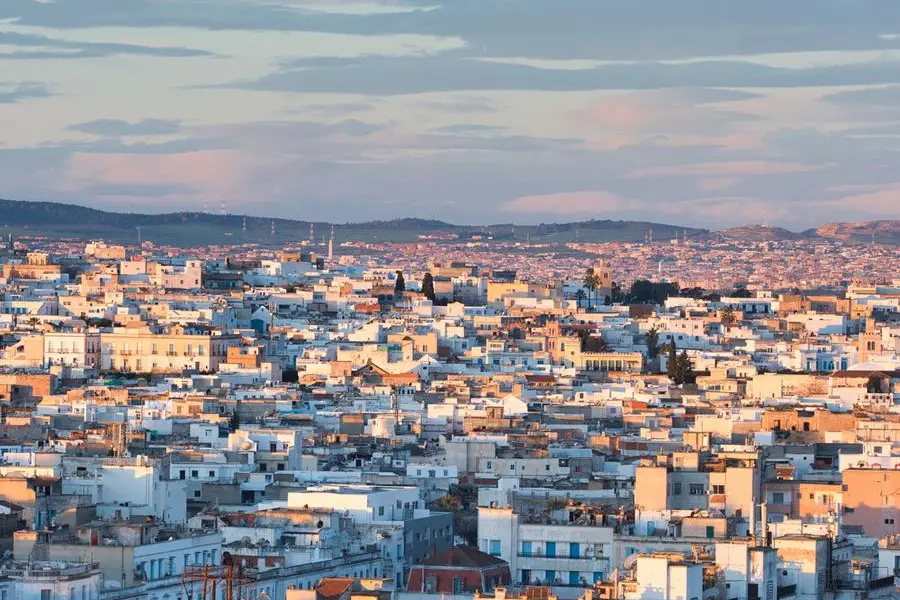PHOTO
Tunis: In the very heart of the majectic alpine forest of the village of Béni M’tir, a few kilometres from Aïn Draham, an unmatched ecotourism project started to take shape: a health spa and an eco-residence combining the laws of nature and sustainable architecture.
Extending over an area of 1.5 ha on the shores of Béni M’tir dam lake, this complex houses a spa drawing water from the thermal springs of Salhine as well as ten wood chalets of rustic architecture.
Today, the project, at 95%, is nearing completion, said Faiez Rouissi, the project promoter. He said he had been granted authorisation for the partial operation of the spa on December 31.
Worth TND 18 million, the spa resort has an accommodation capacity of 120 spa guests/day. The chalets, independent structures, offer lodging to as many as two to six people.
Once operational, the complex will also make available baths and keep fit care with two pools, spa cabinets and relaxation areas.
The idea of the project dates back to 2003, Faiez Rouissi said, decrying administrative and financial hurdles.
Reconciling Nature and Tourism
Touring the complex is a real joy. Age-old trees with the thickest of trunks and dense foliage create natural separation between each chalet, thus offering a sensation of intimacy and quiet. The ultimate purpose being to reconcile nature and tourism in the region.
The entrepreneur - an architect- said paramount importance was lent to safeguarding topography while conducting works.
"No trees were cut in a bid to maintain the integrity of the forest and make sure each chalet is harmoniously placed."
Coniferous trees, outstanding feature of forests in northwestern Tunisia, were coated with Japanese Saturo which unfolds gracefully in its delicate foliage, bringing a touch of serenity and refinement.
Synapse therapy: Japanese technique
Beyond its ecological dimension, this tourist complex is a an innovative spa centre. Waters from the Salhine spring are rich in minerals known for their curative and comforting virtues.
The temperature of the underground water reaches 74°C- one of the highest in the world, said Faïez Rouissi.
Innovation lies in the unprecendented creation in Tunisia of a synapse (neuro) therapy centre.
"This is a revolutionary Japanese technique designed to rebalance neurological functions in the body," Rouissi further said.
This ancestral aproach was developed by Director of Japan's Institute for Neuroscience Junichiro Kojou. The latter visited the complex in the company of a delegation to train Tunisian therapists in this therapy.
© Tap 2022 Provided by SyndiGate Media Inc. (Syndigate.info).





















